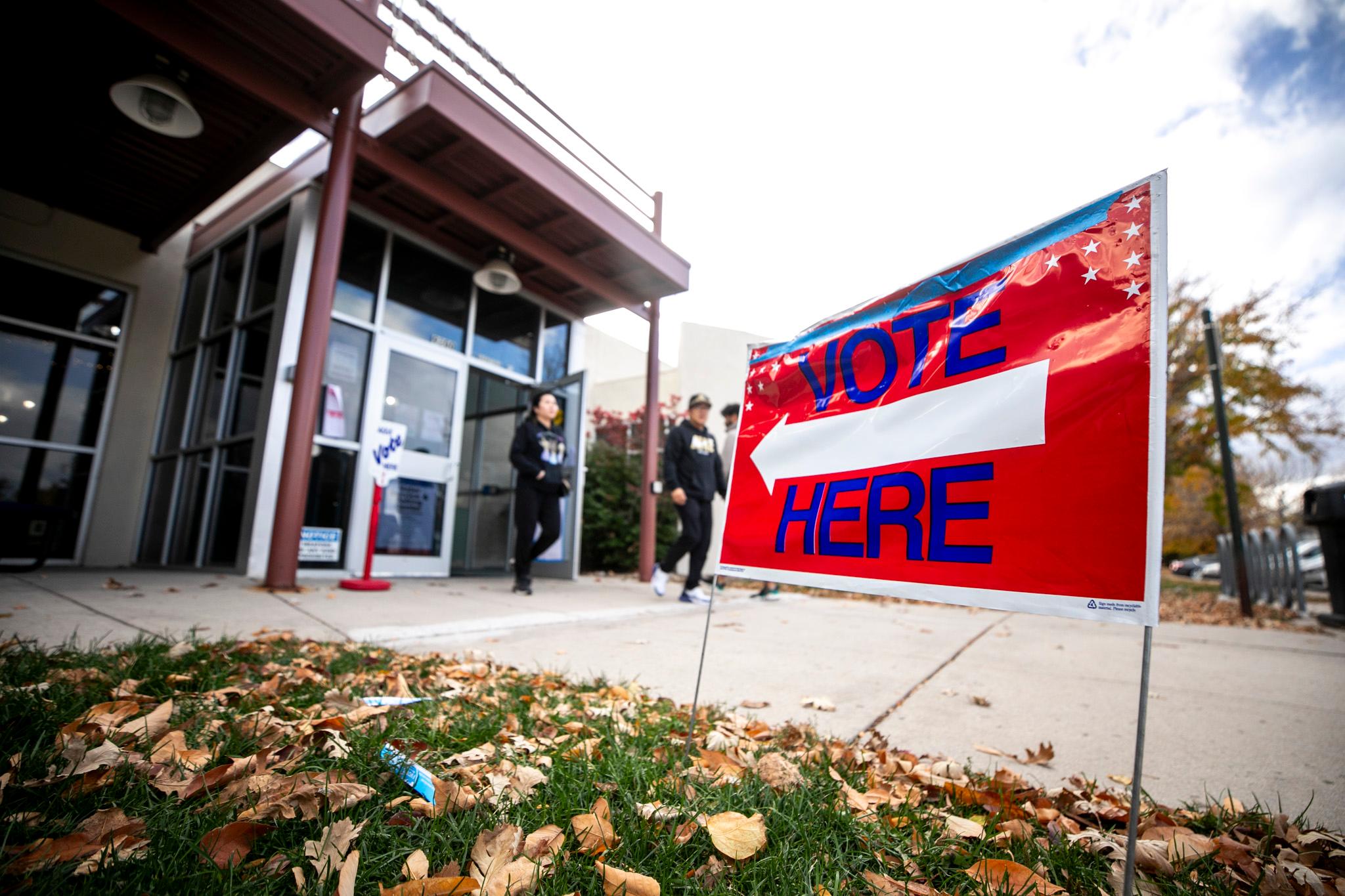
Ranked choice voting had a bad night, and not just in Colorado.
Ballot measures in Oregon, Idaho, Nevada, and Colorado all failed easily last night, with voters rejecting similar ranked choice and open primary reforms that proponents argued would create more competitive political races, more choices and more moderate candidates.
In Missouri, voters approved a constitutional amendment that prohibits ranked choice voting. And Arizona voters turned down a major election overhaul package that included open primaries and ranked choice voting.
“We did not get the outcomes that so many worked so hard for,” said Nick Troiano, executive director of Unite America, which supports ranked choice voting, open primaries and other election reforms. He noted the number of measures and millions of votes that were cast in support. “And that's a solid foundation from which this movement will continue to build.”
Troiano said it's very difficult to get voters to ‘yes’ on any ballot issue let alone one that is as complex as election reform.
“It's hard to change elections, period,” said Seth Werfel, a Stanford-educated data scientist who has studied and written about ranked choice voting across the U.S. “And then when you're looking to replace what you currently have with something that's kind of complicated and hard to understand, that doesn't make it any easier to change it.”
Proposition 131 in Colorado would have created a primary system open to all candidates regardless of party. Four candidates would advance to the general election where voters then rank the candidates one to four. A relatively complicated counting procedure takes place requiring possibly multiple rounds of vote counting, taking into account the various rankings.
Of all of the disappointing results, Alaska’s is probably the most concerning for advocates of ranked choice voting. A campaign to repeal a measure identical to what was proposed in Colorado is winning, but it’s still too close to call.
Arguments for ranked choice voting often cite the moderating influence that it has on elections, but Werfel said his review of the research on ranked choice voting shows it’s not clear that it actually accomplishes that.
“The ranked choice voting movement has pushed really hard to convince everyone it's a great idea, said Werfel. “It has some merits but it’s not a slam dunk, and I think voters are skeptical of anything that they can’t immediately understand.”
If voters didn’t understand ranked choice voting, it wasn’t necessarily due to a lack of campaign resources. The various measures were among the most expensive ballot issues this election cycle. More than $5.5 million was spent in support of Idaho’s measure, which was identical to Colorado’s Prop. 131, and it lost with almost 70 percent of votes against the measure. In Oregon, ranked choice voting lost 60-40, despite $3.4 million in support.
But Colorado’s campaign was extraordinarily expensive — roughly $19 million was behind open primaries and ranked choice voting, including $6 million from Kent Thiry, the former Davita executive.
“They spent a ton of money to make sure that they can get their vision implemented here in Colorado,” said Matt Crane, with the Colorado County Clerks Association, on Colorado Matters. The group of local election officials didn’t take a position on Prop. 131, but highlighted the work needed to implement it if it passes. “The way the initiative was written generally was confusing and not great, which would've added more confusion to the process. And so we just tried to highlight some of that.”
Some offices were covered by ranked choice voting, under Colorado’s proposal, and some would not be covered, adding to the potential for more voter confusion.
Opponents included the Colorado Democratic Party and progressive groups, like the Working Families Party. They had a relatively small amount of campaign contributions, less than $400,000 reported contributions.
Money was a major part of the narrative around Prop. 131, with U.S. Senator Michael Bennet warning that the influence of dark money would only grow under these so-called reforms.
In the campaign’s final weeks, Chevron gave a $500,000 contribution in support of Prop. 131, prompting an immediate response from Bennet, who posted on social media, asking if voters believed the oil giant was doing that because it “cares about Colorado’s democracy.”
As to what’s next for supporters of ranked choice voting: “We are disappointed in the results, but not deterred in this mission,” said Troiano, with Unite America. “We know it is inherently a long game, it will be uphill, but that is why we have a multipronged multiyear strategy.” He said ballot issues were only one pathway to make it law, there are also efforts to pass measures through state legislatures.
Werfel, who conducted a review of ranked choice voting research, said its effectiveness at moderating elections and providing more choice are often overstated, that money and interested parties will always work to game any political system.
“So one way to think of the failure of RCV now is that it wouldn't have achieved much anyway in the long run,” said Werfel. “So it’s all much ado about nothing.”









